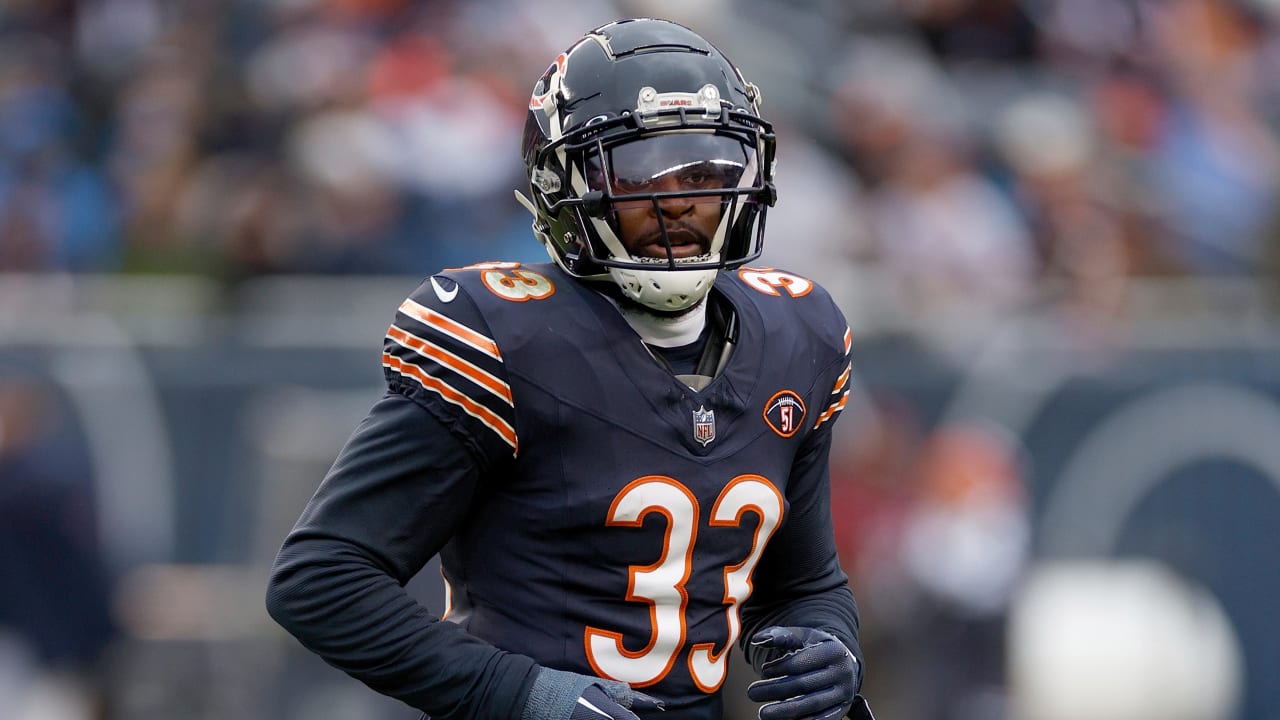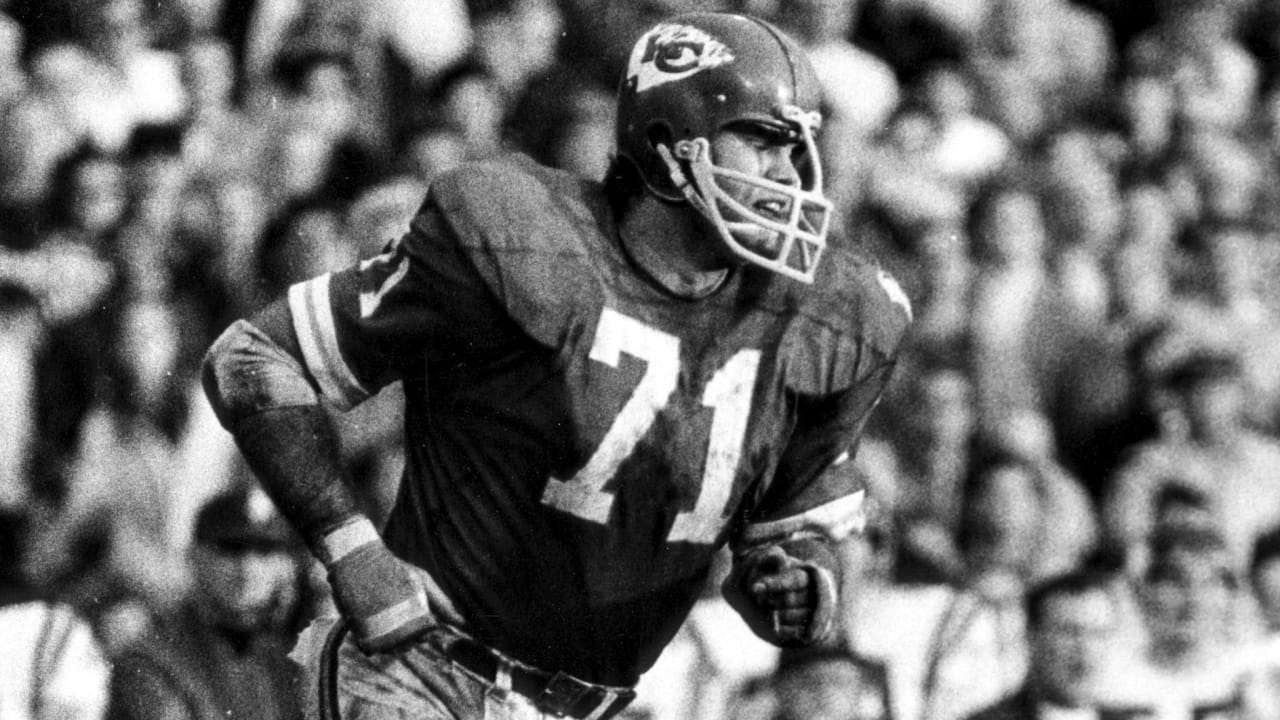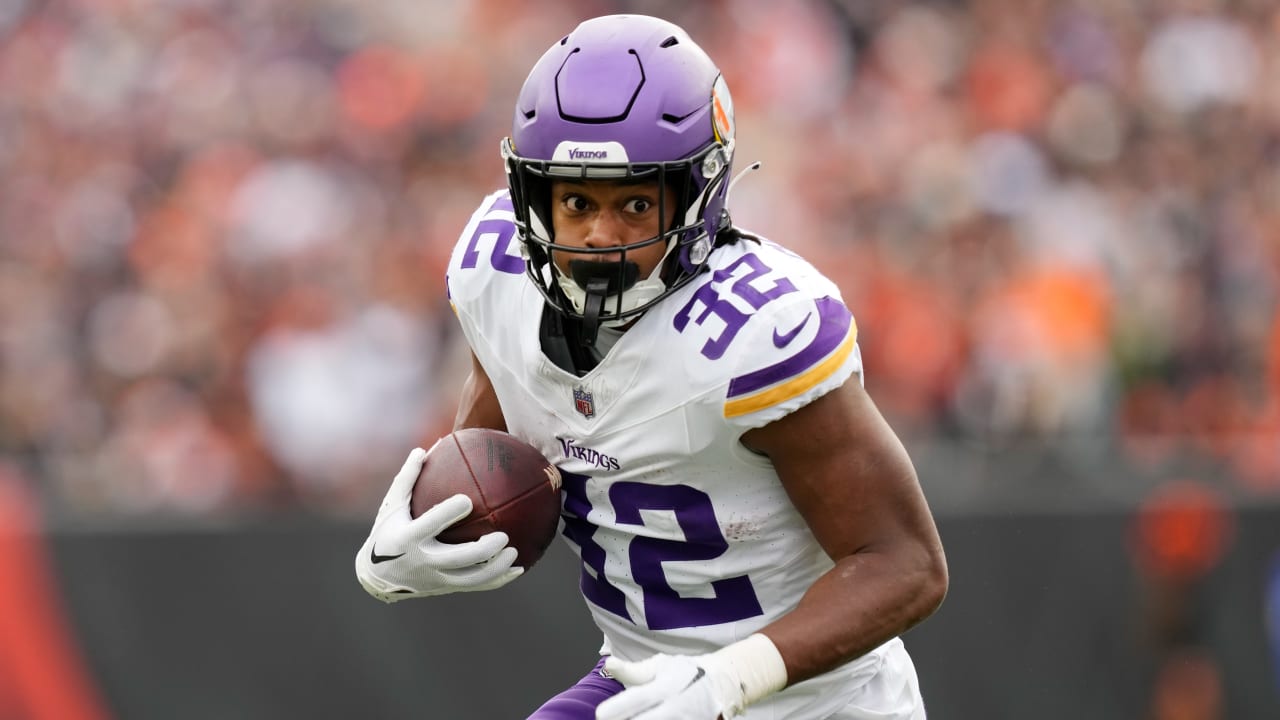Not only the players, officials and supporters assemble in this huge crowd during a football match. Some people often assemble on behalf of foreign clubs to observe and collect information. It’s called scouts. None of them will be full-time staff and this is not dictated by the size of the club. A club can recruit the full number of scouts and most of them are part-time staff members. Two major categories are:
Tactical scouts: These are valuable assets for clubs to use their tactical skills to advance the team. They don’t look for promising players during a match, but they analyze the matches played by the next stars in their team. This helps them build a plan for their squad by observing the opponents and recognizes not only the squad but also the players’ risks and vulnerabilities. Seeing that their outcomes are very valuable, they are really very important elements of every club, which is why they are normally completely hired. They cannot abandon their fields of education when their work is streamlined by the use of analytics, technologies or images.
Player scouts: Unlike the Tactical scouts, they look for young footballers in a football match with the expectation that they will be able to sign them in their clubs under professional contracts. Some of these scouts look to identify and select out the players who tend to have several potential and probable stars in their clubs, while some worry about the future laws of signature. More than the tactical scouts are available.
Tiny scouting clubs can only be located in their area or country based on the scale and funding potential of the teams, while larger and wealthier teams are privileged to scout worldwide while collaborating with the best soccer scouting agency.
How players are found and evaluated
This is the work of the physical or team scouts and as many soccer matches as possible are watched so they can only be tested by the players first hand. If you are searching for talented young prospects, you will be at club games played by lower league clubs where you associate your target’s skill with the older club players.
The scouts first test the players and see if they have the equipment they need to become stars and to ensure their performance in professional sports. When the player considers this, the administration of the club is then illustrated. These desired or necessary characteristics are considered by their position and include:
● Goalkeepers: Their strong reflexes, contact with defense and management of the penalty area is examined.
● Centre-backs: How well they can handle the ball, its height, its focus and strength while trying to conquer obstacles.
● Full-backs: The attributes to be tested include their speed, flexibility, and anticipation, ability to track and deal with the ball, their work efficiency and team accountability.
● Central midfielders: The length, willingness to track and to produce accurate throws, team leadership and positioning are assessed by players.
● Wingers: Scouts see their speed, their tightness and power, their intellect off-the-ball, ingenuity when performing.
● Forwards: Their finishing ability, composure, ball-heading ability, speed and intellect off-the-ball matters.
When a player is referred to a club after a few months or perhaps several seasons, the player’s development is tracked by a club and the scouts determine how reliable the player’s results have progressed during that span and how much the player’s qualities have improved.
In the case where the player meets the club criteria, an invitation can also be sent to the player for selection in the club. Clubs may also conduct background checks on the player of choice. At the competition, scouts and coaches are also assessing the player because they determine if the player is good for the club because of the temperament, character, as well as the level of the other players who are already on the club roster.
Ok, in top league teams this doesn’t happen, when they don’t go out of training in the trials until they’re out of contract and need to show their willingness to keep their interest. Clubs that require cash or less will however encourage their players to take trails. Where the assessments at the trials are still in favor of the player, this means that the player is proved suitable for the club, agreements between the clubs will commence for the player’s sale, a loan or mutual ownership.
Benefits of working with scouting agencies
There are obvious advantages to having to work with the best football scouts in the world.
● Global reach: Working with a soccer scouting agency, clubs will plunge players from all over the world into the sea to select for them their largest pool.
● Affordable players: Lower leagues will pick up players at cheaper transfers and lower rates. A talented player may help a football club advance in a league or other cup contest at a cheap price, often in front of other higher-financial clubs.
● Tactical advice from specialists: Tactical scouting helps a club to develop an information base about its rivals, who otherwise wouldn’t have the time and the resources they need to study themselves.
Meet one of the best soccer scouts
Thanks to the outstanding scout, Williams was in charge of circling the globe in search of special talents. Chelsea has been in a position to gain a massive profit of more than £10 in Tore Andre Flo. He spent 27 years at Stamford Bridge before leaving Chelsea in June 2006. He worked not only as the main scout but also as Ranieri’s assistant manager. He was reunited in Leeds and operated in that until 2013.
Scouts are typically under the radar. Not only in Europe and the US there are scouts worldwide. When you hit us at 433agent, you will not only have the chance to be spotted but you’ll get the chance to become one of the best on the planet. So what are you waiting for? Avail yourself this golden opportunity and uplift your career to the stars. Invest in your career now and reap the fruits in a matter of weeks


